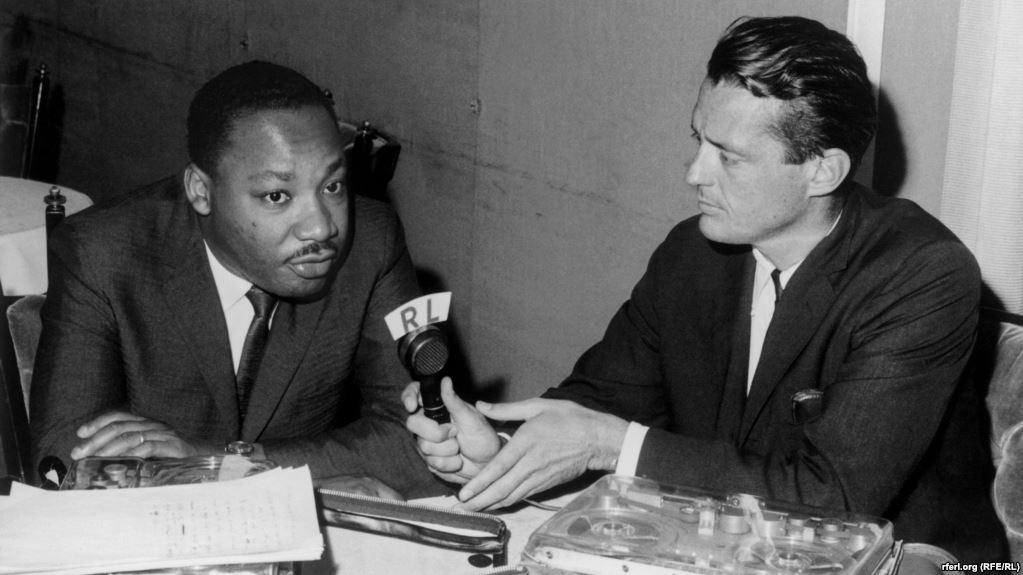Insights
The Historical Power and Influence of Black Radio.

February 13th marks World Radio Day and this year, UNESCO is embracing the theme “Dialogue, Tolerance and Peace”, honoring radio’s significant impact on world issues, such as violence against women and global migration.
Radio has played a transformative role across the world. Americans who were used to receiving limited news and information in print, now have access to a brand new medium that is far more accessible than newspapers. With radio, people could listen to the voice of a reporter, world leader or an on the ground witness to events. The true voices made the engagement more relatable and humanized the media platform. Radio was, and remains, a medium bringing together people with different views and ideas — creating information spaces for communities to engage and learn.
This has been especially true for the African American community. Radio offered a voice, along with solidarity, to everyday people. Originally, however, the radio was flooded with one-sided content that didn’t tell the full story or share the narratives of people of different backgrounds or races. Content either disregarded African Americans or portrayed them in a negative light.
Eventually, stations tailored toward the black experience in America emerged and news was geared towards a minority population for the first time . Black radio personalities and disc jockeys shared the black experience by using the platform as a public service, sharing news bulletins, employment opportunities, missing children reports, social service agency information and much more.
An example of this was Memphis radio station WDIA, which is still a predominately African American station today. They had a larger black audience than most stations in the mid-1940s, causing advertisers with interest in reaching a large black audience to reach out to the station. In a time of segregation and Jim Crow, the slightly fragmented black community had been given hope through radio shows that told their experience and offered solutions and guidance to those that needed it.
Atlanta-based WERD was the first black-owned station, and while it wasn’t the only outlet for black Americans to broadcast their experiences on the radio, it served as a core platform for African Americans during the civil rights movement. It was a medium Martin Luther King Jr. used to share his message and announce his rallies and protests.
When Martin Luther King Jr.’s “I have a dream” speech was broadcasted live on radio, the speech gained national recognition. However, it was the help of the radio that allowed it to reach so many people. It provided an awakening amongst all people, and the impact of the speech provided a new perspective for Americans that was never considered before by the majority. The broadcast created history in that it showcased not only the power of Dr. King, but it also allowed radio to display its capability to truly connect people to new ideas, and inspire further action.
Through this, highlighting significant events and building dialogue and conversation, radio became an essential tool for the African American community. These acts and moments of peaceful education connected communities through relatable content in a way that wasn’t possible in earlier history. Today, radio remains impactful in evolving forms; it has managed to reinvent audio content expanding for the digital era to include Internet radio and podcasts, widening the reach and continuing to have an impact on communities here in the United States, and all over the world.